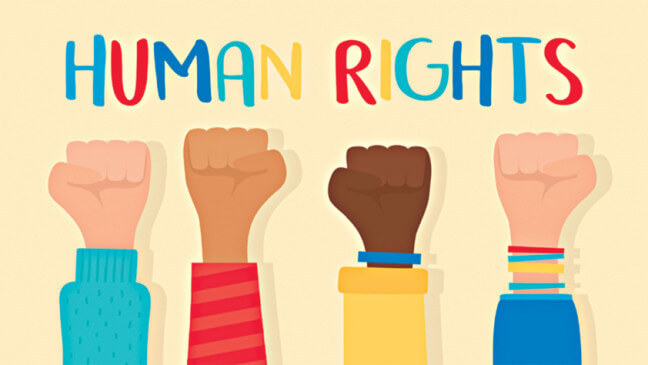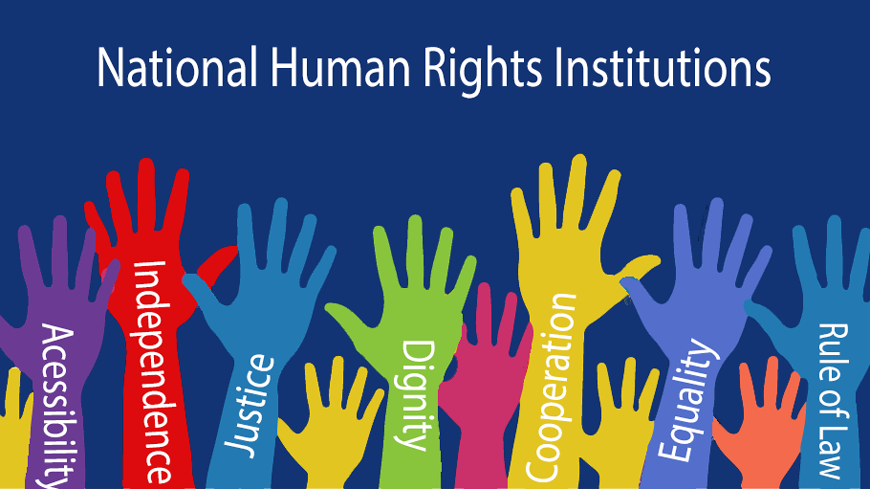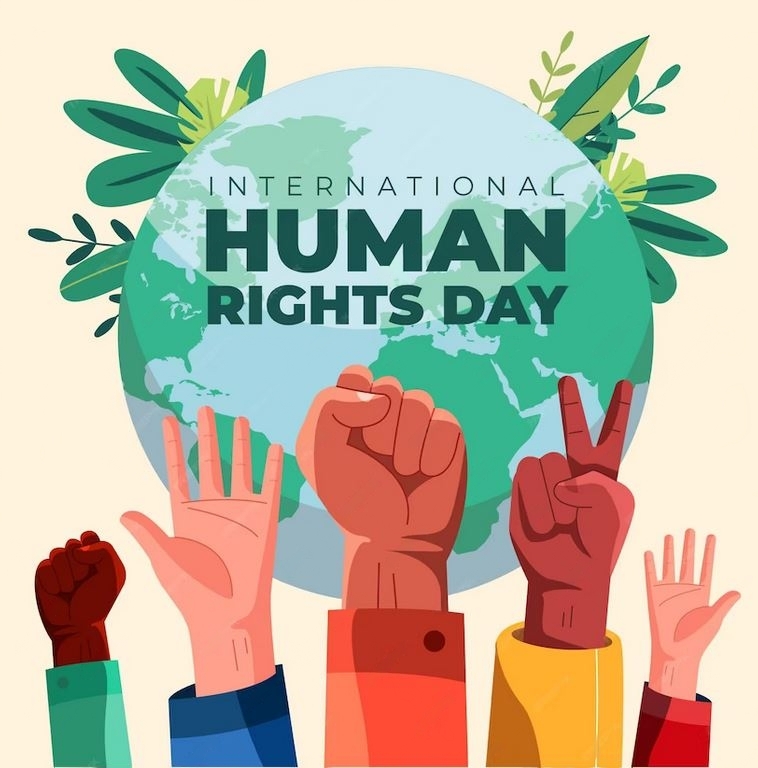As individuals living in a society, we are frequently reminded of the significance of human rights. These rights, often regarded as the fundamental principles that govern the way we should be treated, play an essential role in creating a fair, equal, and just society for everyone. In this blog, we will delve into the topic of human rights, exploring their importance and discussing how they shape our lives.
Human rights, at their core, encompass a wide range of principles that aim to protect and promote our well-being, dignity, and freedom. They are rooted in the belief that every person, simply by being human, is entitled to be treated with respect and fairness, regardless of their race, gender, religion, age, or any other characteristic. These rights act as a shield, safeguarding individuals from oppression, discrimination, and arbitrary actions.
The concept of human rights has a rich history, evolving over centuries through struggles, social movements, and legal developments. The foundations of contemporary human rights can be traced back to ancient civilizations such as Mesopotamia, India, and Greece, where philosophical and legal ideas were emerging. However, it was only in the aftermath of World War II, with the adoption of the Universal Declaration of Human Rights (UDHR) by the United Nations in 1948, that human rights were formally recognized on a global scale.

The UDHR has served as a cornerstone document, providing a broad framework for human rights worldwide. Its thirty articles encapsulate the core principles of human dignity, equality, non-discrimination, and freedom in various spheres of life. Over time, numerous international conventions, treaties, and national legislations have been established to translate these principles into tangible rights and obligations.
One of the essential aspects of human rights is that they are inherent. They are not granted to us by any government or authority but are derived from our shared humanity. Human rights acknowledge that each person possesses an intrinsic worth and should be free to live a life of dignity, irrespective of their background, beliefs, or circumstances.
Human rights entail both civil and political rights, which include the right to life, liberty, and security of person, as well as economic, social, and cultural rights, such as the right to education, healthcare, and an adequate standard of living. They are indivisible and interdependent, with each right contributing to the overall well-being and development of individuals and communities.
You can read our another post on Influence of Sri Chaitanya Bhakti in Odisha

Beyond the legal framework, human rights are deeply intertwined with our daily lives. They shape our interactions, the way we perceive others, and the expectations we have of our governments and institutions. Human rights provide the basis for demanding accountability, challenging injustices, and striving for a more equitable society.
Moreover, human rights create an enabling environment for individual growth, self-expression, and flourishing. When individuals have their basic needs met and are free from discrimination and oppression, they can contribute to society, pursue their goals, and participate fully in social, cultural, and political life. Human rights empower individuals and communities by giving them a voice and agency to advocate for their needs and values.
However, it is crucial to acknowledge that the realization of human rights is an ongoing process. Although significant progress has been made, numerous challenges and violations of human rights persist globally. Discrimination, poverty, inequality, systemic injustice, and violations of freedoms remain prevalent in various contexts. As such, promoting and protecting human rights requires collective action, commitment, and vigilance from individuals, governments, and organizations.
More: Wanted to download Odishashop.com visit here

Writer A FAQ For Our Human Rights Day
What is Human Rights Day and why is it celebrated?
Human Rights Day is a global observance held annually on December 10th to commemorate the day when the United Nations General Assembly adopted the Universal Declaration of Human Rights in 1948. It aims to raise awareness about human rights issues and promote the importance of safeguarding and protecting the rights of every individual.
What is the significance of the Universal Declaration of Human Rights?
The Universal Declaration of Human Rights (UDHR) is a milestone document that proclaims the inalienable rights which everyone is entitled to as a human being. It forms the basis for international human rights law and has been translated into over 500 languages. The UDHR serves as a guide for governments and organizations to ensure the protection of fundamental human rights and freedoms.
How can individuals actively support human rights?
Individuals can actively support human rights by being aware of their own rights and the rights of others, advocating for equality and justice, and speaking up against human rights violations. Engaging in peaceful activism, volunteering for organizations working in the field of human rights, and educating others about human rights issues are also impactful ways to support and promote human rights.
What are some current human rights challenges globally?
Globally, there are several human rights challenges that persist, such as discrimination based on race, gender, religion, or sexual orientation, violations of freedom of expression and assembly, poverty and inequality, displacement and refugee crises, and violence against women and minority groups. These issues require active engagement from governments, organizations, and individuals to address and resolve.
How can governments contribute to the protection of human rights?
Governments play a crucial role in protecting and promoting human rights. They can ensure the enforcement of laws that safeguard human rights, establish independent institutions and mechanisms to monitor and investigate human rights violations, provide education and awareness campaigns on human rights, and engage in international cooperation to address global human rights concerns. Government accountability and transparency are vital for upholding human rights standards.
Conclusion
In conclusion, human rights are not merely abstract ideals but essential principles that shape our lives and societies. They provide a moral compass, guiding our interactions, shaping our laws, and fostering inclusivity and justice. Recognizing and upholding human rights is not only an ethical imperative, but it is also a means to ensure a world where all individuals can live with dignity, equality, and freedom. Let us embrace our human rights, champion them for ourselves and others, and work towards building a more just and humane world.
